
7 Best Tech Jobs for Career Switchers and How to Get Them!
Apr 21, 2025 5 Min Read 1975 Views
(Last Updated)
Not going to lie but switching careers can feel overwhelming, daunting, and fearful at the start. But if you’re eyeing the tech industry, you’re in for some good news.
Tech is booming, offering countless opportunities for people from all walks of life. No matter if you’re a teacher, a marketer, or even someone with no formal background in technology, there are a lot of tech jobs for career switchers.
Plus, many tech jobs don’t require a traditional four-year degree or decades of experience, just the right mindset and willingness to learn. Here’s a rundown of some of the best tech jobs for career switchers, along with practical steps to get into them. So, without further ado, let us get started!
Table of contents
- Why Switching to a Tech Job is Rewarding?
- High Demand and Job Security
- Lucrative Salaries
- Flexibility and Remote Work Opportunities
- Opportunities for Growth and Continuous Learning
- Diverse Roles to Match Your Interests
- Lower Barriers to Entry
- Best Tech Jobs for Career Switchers and How to Get Them
- Software Developer
- Data Analyst
- UI/UX Designer
- IT Support Specialist
- Digital Marketer
- Cybersecurity Analyst
- Product Manager
- Conclusion
- FAQs
- Is it possible to switch to a tech career without a technical background?
- What are the most accessible tech jobs for career changers?
- Do I need a degree to start a tech career?
- How can I gain experience if I'm new to the tech field?
- Are tech jobs flexible in terms of work arrangements?
Why Switching to a Tech Job is Rewarding?
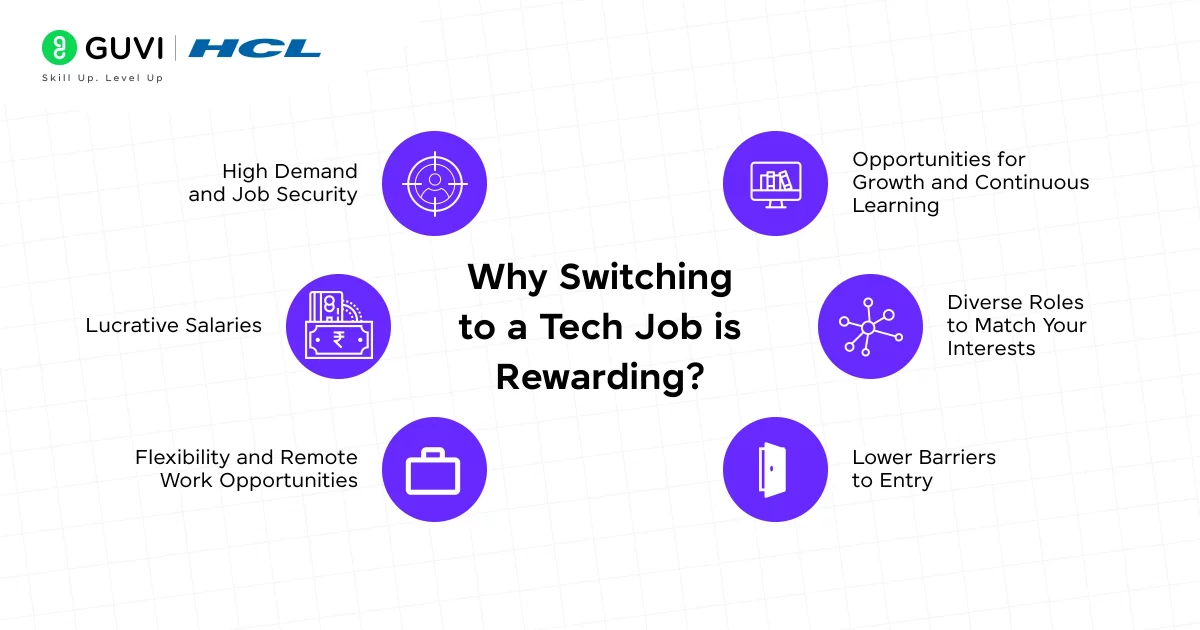
Switching to a tech career can be one of the most rewarding decisions you’ll ever make, and here’s why:
1. High Demand and Job Security
The tech industry is rapidly growing, with companies of all sizes relying on technology to innovate and stay competitive.
This means tech jobs are in high demand, providing excellent job security. Even during economic downturns, skilled tech professionals are sought after, as their expertise is critical to business operations.
2. Lucrative Salaries
Tech jobs often come with competitive salaries, even at entry levels. Roles like software development, data science, and cybersecurity offer above-average pay compared to other industries. Plus, as you gain experience and specialize, your earning potential grows significantly.
3. Flexibility and Remote Work Opportunities
Many tech jobs offer flexible work arrangements, including remote options. This flexibility allows you to work from anywhere, making it easier to balance your career with personal commitments. It’s an ideal choice if you value work-life balance.
4. Opportunities for Growth and Continuous Learning
The tech industry evolves rapidly, providing endless opportunities to learn new skills and advance your career. Whether it’s mastering a new programming language or diving into emerging fields like AI or blockchain, tech keeps you intellectually stimulated and future-proof.
5. Diverse Roles to Match Your Interests
Tech isn’t just about coding. There are roles for creatives (UI/UX design), analytical thinkers (data analysis), communicators (product management), and problem-solvers (IT support or cybersecurity). Whatever your background or interests, there’s likely a tech job that aligns with your strengths.
6. Lower Barriers to Entry
Unlike some industries that require years of formal education, many entry-level tech Jobs focus more on skills than degrees. With online courses, bootcamps, and self-paced learning resources, you can acquire the necessary skills to transition into tech without returning to college.
These are some of the reasons why switching to a tech job is rewarding and how it can make your life secure!
Best Tech Jobs for Career Switchers and How to Get Them
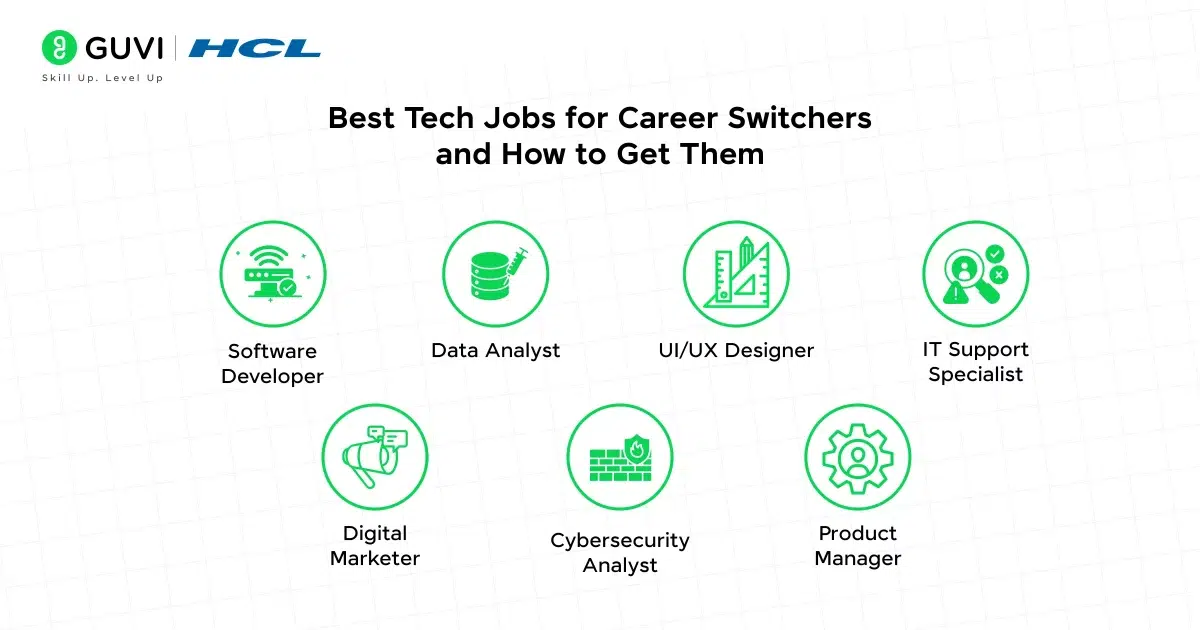
Switching to a tech career offers a blend of stability, growth, and fulfillment, making it an attractive option for anyone looking to future-proof their career and thrive in a dynamic, ever-evolving field.
Here’s a list of 7 tech jobs for career switchers that’ll cover the skills you need, steps to transition, and tips for standing out.
1. Software Developer
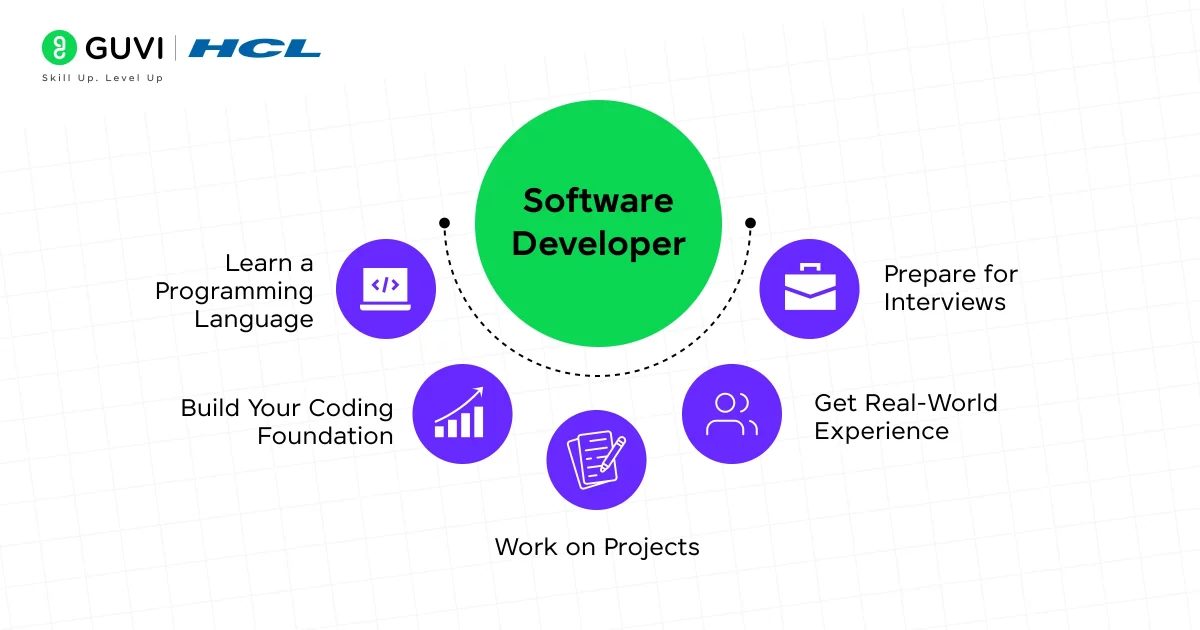
Software developers create the programs, apps, and systems that power our digital lives. They write, test, and maintain code, solving real-world problems with technology. This role is ideal for those who enjoy logical thinking and building solutions from scratch.
One can’t ignore software development when it comes to technological development. Because of that, the average salary of a software developer ranges from around ₹5,00,000 to ₹12,00,000 annually.
Steps to Switch:
- Learn a Programming Language:
- Start with beginner-friendly languages like Python or JavaScript.
- Use platforms like Codecademy, freeCodeCamp, or The Odin Project for interactive learning.
- Build Your Coding Foundation:
- Learn core concepts like loops, functions, and object-oriented programming.
- Explore algorithms and data structures, as they are key topics in interviews.
- Work on Projects:
- Create a portfolio showcasing your skills. Examples include:
- A personal website.
- A to-do app or a simple game.
- Host projects on GitHub to demonstrate your coding experience.
- Create a portfolio showcasing your skills. Examples include:
- Get Real-World Experience:
- Contribute to open-source projects or participate in hackathons.
- Freelancer or intern to build practical experience.
- Prepare for Interviews:
- Practice coding challenges on LeetCode or HackerRank.
- Research common technical interview questions.
2. Data Analyst
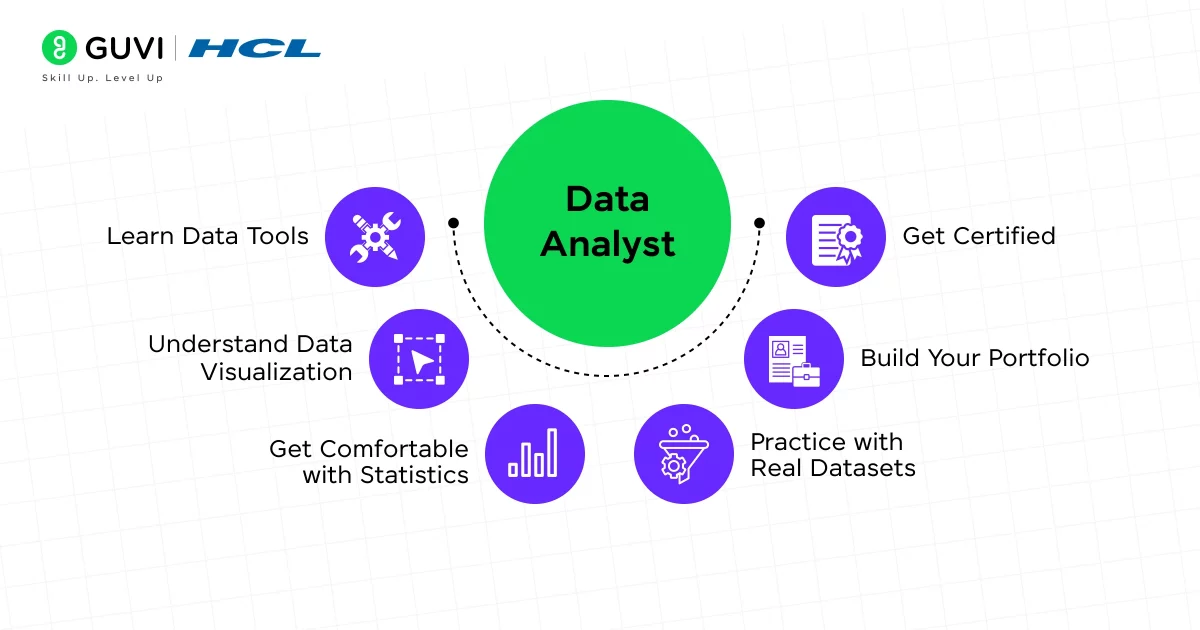
Data analysts turn raw data into actionable insights, helping organizations make data-driven decisions. They work with tools like Excel, SQL, and visualization platforms to identify trends and solve business problems. This role suits individuals who enjoy working with numbers and patterns
The average salary of a Data Analyst ranges from around ₹4,00,000 to ₹8,00,000 annually.
Steps to Switch:
- Learn Data Tools:
- Master Excel for data cleaning and analysis.
- Learn SQL for database querying.
- Use Python or R for data manipulation and visualization.
- Understand Data Visualization:
- Get hands-on with tools like Tableau, Power BI, or Google Data Studio.
- Practice creating dashboards and charts that tell a story.
- Get Comfortable with Statistics:
- Brush up on statistical concepts like probability, regression, and hypothesis testing.
- Practice with Real Datasets:
- Use platforms like Kaggle or Data.gov to find datasets.
- Analyze them and create visualizations to solve real-world problems.
- Build Your Portfolio:
- Include case studies with clear insights and visuals.
- For example, analyze sales trends or predict stock prices using past data.
- Get Certified:
- Consider certifications like Microsoft Certified: Data Analyst Associate or Google Data Analytics Professional Certificate.
3. UI/UX Designer
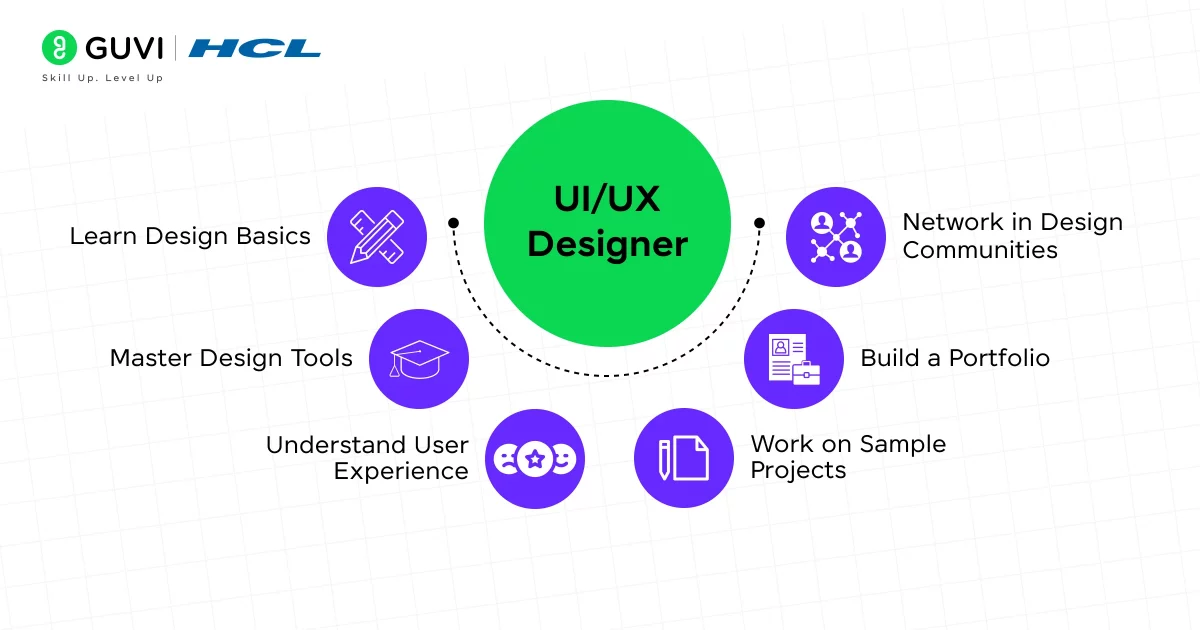
UI/UX designers focus on creating intuitive and visually appealing digital experiences. They blend creativity and psychology to design apps and websites that are both functional and delightful to use.
It’s a great role for creative thinkers who want to impact how people interact with technology. The average salary of a UI/UX Designer ranges from around ₹4,00,000 to ₹9,00,000 annually.
Steps to Switch:
- Learn Design Basics:
- Understand principles like typography, color theory, and layout.
- Use tools like Canva to experiment before diving into advanced software.
- Master Design Tools:
- Familiarize yourself with Figma, Adobe XD, or Sketch for interface design.
- Learn prototyping and wireframing techniques.
- Understand User Experience:
- Study user-centered design and usability testing.
- Learn to create user personas, user journeys, and storyboards.
- Work on Sample Projects:
- Redesign an existing website or app to improve its usability.
- Share your work on platforms like Dribbble or Behance.
- Build a Portfolio:
- Include diverse projects, from mobile apps to responsive websites.
- Showcase your design process, not just the final product.
- Network in Design Communities:
- Join groups like UX Mastery or local UX meetups.
- Participate in design challenges like Daily UI.
4. IT Support Specialist
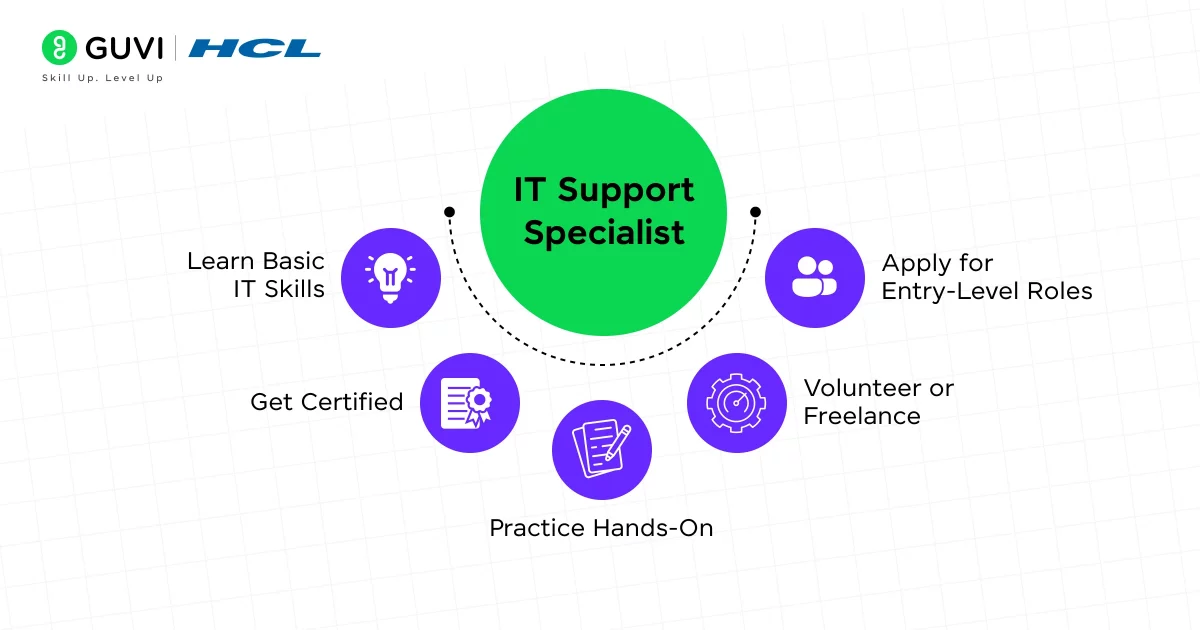
IT support specialists troubleshoot technical issues and ensure that computer systems run smoothly. They act as the first line of defense for hardware and software problems, making this role perfect for problem-solvers with strong communication skills.
The average salary of a IT Support Specialist ranges from around ₹3,00,000 to ₹6,00,000 annually.
Steps to Switch:
- Learn Basic IT Skills:
- Understand operating systems, troubleshooting hardware, and software basics.
- Learn networking fundamentals like IP addresses and DNS.
- Get Certified:
- Start with CompTIA A+, which covers the basics of IT support.
- Advance to certifications like Microsoft Certified: Azure Fundamentals or Google IT Support Certificate.
- Practice Hands-On:
- Set up a home lab with old computers or virtual machines.
- Simulate troubleshooting scenarios to build confidence.
- Volunteer or Freelance:
- Offer tech support to local businesses or community groups.
- Gain experience handling real-world IT issues.
- Apply for Entry-Level Roles:
- Look for roles like help desk technician or junior IT specialist.
- Highlight your problem-solving skills and customer service experience.
5. Digital Marketer
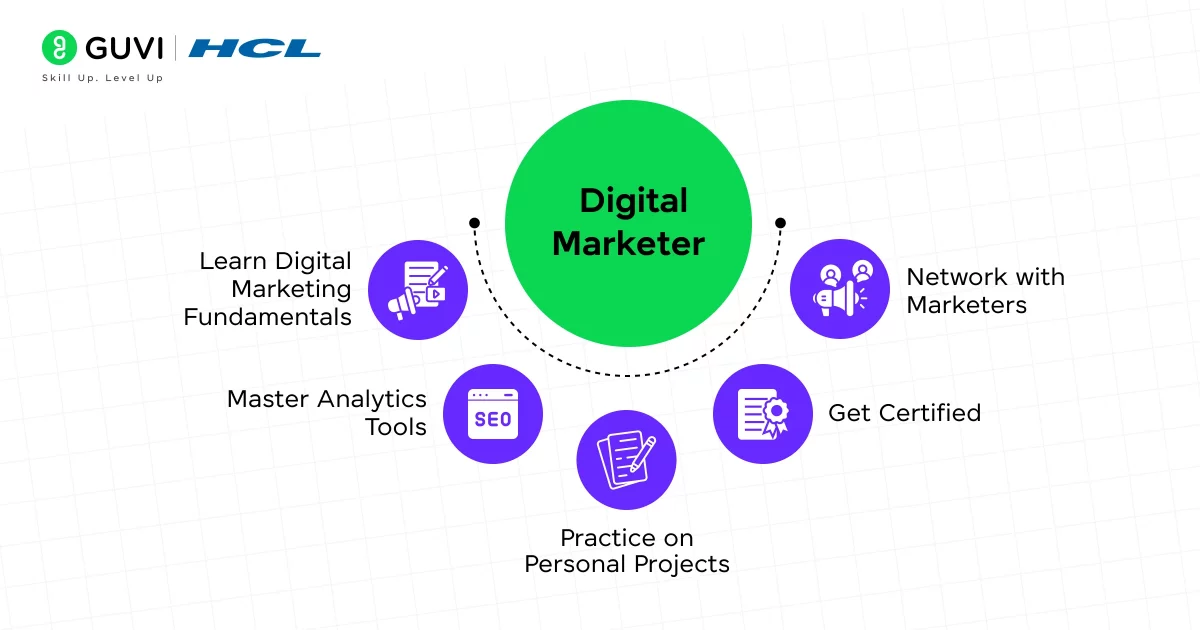
Digital marketers drive online engagement by promoting products and services through SEO, social media, email, and paid ads. They combine creativity with analytics to craft campaigns that reach the right audience. This role is ideal for those who enjoy strategy and creative storytelling.
The average salary of a Digital Marketer ranges from around ₹3,50,000 to ₹7,00,000 annually.
Steps to Switch:
- Learn Digital Marketing Fundamentals:
- Understand SEO, content marketing, PPC advertising, and email campaigns.
- Use resources like Google Digital Garage or HubSpot Academy.
- Master Analytics Tools:
- Learn Google Analytics and Google Ads.
- Experiment with social media analytics tools like Hootsuite.
- Practice on Personal Projects:
- Create a blog, run social media accounts, or manage small ad campaigns.
- Measure performance and optimize your strategies.
- Get Certified:
- Certifications like GUVI’s Certified Digital Marketing Course can boost your profile.
- Network with Marketers:
- Join LinkedIn groups, attend webinars, and follow industry influencers.
- Freelance or intern with small businesses to gain hands-on experience.
6. Cybersecurity Analyst
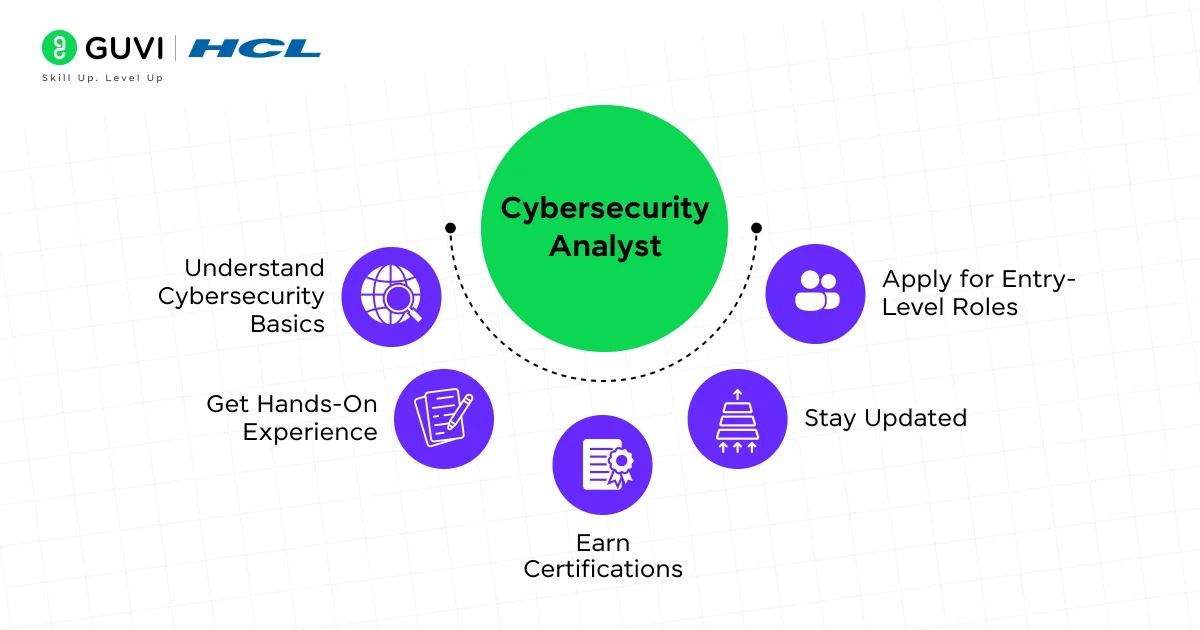
Cybersecurity analysts protect organizations from digital threats by monitoring systems, identifying vulnerabilities, and responding to attacks. This critical role is perfect for detail-oriented individuals who thrive under pressure and enjoy staying ahead of cybercriminals.
The average salary of a Cybersecurity Analyst ranges from around ₹5,00,000 to ₹10,00,000 annually.
Steps to Switch:
- Understand Cybersecurity Basics:
- Learn about firewalls, encryption, malware, and phishing attacks.
- Use resources like Cybrary or the IBM Cybersecurity Analyst program.
- Get Hands-On Experience:
- Use tools like Kali Linux, Wireshark, and Metasploit in labs.
- Participate in cybersecurity challenges on Hack The Box or TryHackMe.
- Earn Certifications:
- Start with beginner-friendly certifications like CompTIA Security+.
- Progress to advanced certifications like Certified Ethical Hacker (CEH) or CISSP.
- Stay Updated:
- Follow cybersecurity news and trends.
- Learn about compliance frameworks like GDPR or NIST.
- Apply for Entry-Level Roles:
- Look for positions like SOC analyst or junior cybersecurity analyst.
- Highlight problem-solving and risk management skills.
7. Product Manager
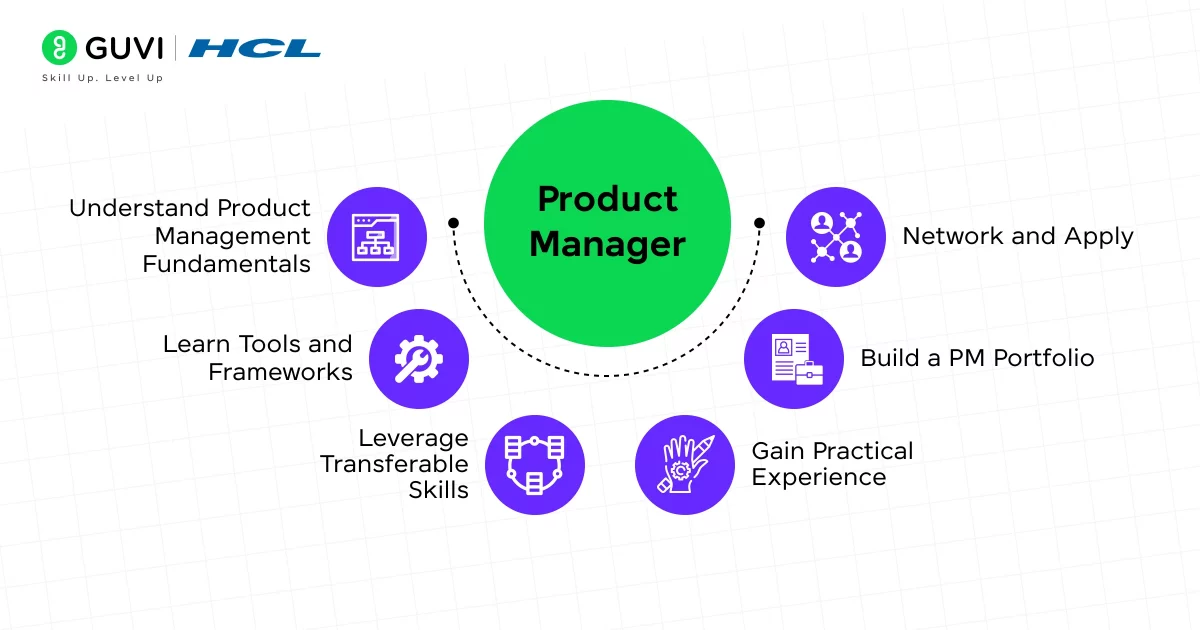
Product managers oversee the development of products from idea to launch, aligning business goals with customer needs. They collaborate with teams across engineering, marketing, and design, making it an excellent role for strategic thinkers and effective communicators.
The average salary of a Product Manager ranges from around ₹8,00,000 to ₹20,00,000 annually.
Steps to Switch:
- Understand Product Management Fundamentals:
- Learn about product lifecycle, roadmaps, and agile methodologies.
- Use resources from Product School or free PM-focused blogs.
- Learn Tools and Frameworks:
- Master tools like Jira, Confluence, and Trello.
- Understand frameworks like Scrum and Kanban.
- Leverage Transferable Skills:
- Highlight skills like communication, organization, and leadership.
- Emphasize experience in roles like marketing, sales, or project management.
- Gain Practical Experience:
- Volunteer to manage small projects in your current role.
- Shadow product managers or take part in cross-functional projects.
- Build a PM Portfolio:
- Document your contributions to project planning, execution, and outcomes.
- Create case studies to showcase your strategic thinking.
- Network and Apply:
- Join product management groups and attend events.
- Look for Associate PM or entry-level PM roles to get started.
These tech jobs for career switchers are not tough to get. It is entirely possible with the right plan and commitment.
Conclusion
In conclusion, switching to a tech career is an important decision that offers unparalleled opportunities for growth, stability, and fulfillment.
The benefits are clear: high demand, lucrative salaries, flexibility, and the chance to engage in meaningful, innovative work. Plus, with abundant resources like online courses, boot camps, and communities, the barriers to entry have never been lower.
With determination and the right plan, you can join any of these tech jobs for career switchers that lets you embark on a rewarding new chapter in your career.
FAQs
Absolutely. Many tech roles value skills and experience over formal education. By leveraging transferable skills and engaging in targeted learning, such as online courses or bootcamps, individuals from various backgrounds can successfully transition into tech.
Roles like computer support specialist, web developer/designer, and tech project manager are often accessible to newcomers. These positions may require specific training or certifications but are open to individuals without extensive tech backgrounds.
Not necessarily. While some positions may prefer a degree, many tech jobs prioritize practical skills and experience. Certifications, bootcamps, and self-directed learning can equip you with the necessary competencies.
Engaging in hands-on projects, contributing to open-source initiatives, participating in internships, or freelancing can provide valuable experience. Building a portfolio showcasing your work is also beneficial.
Yes, many tech positions offer flexible work options, including remote and hybrid models. This flexibility can be advantageous for individuals seeking better work-life balance.






















![How to Switch from Sales to Digital Marketing: A Beginner's Guide [2025] 12 sales to digital marketing](https://www.guvi.in/blog/wp-content/uploads/2025/01/How-to-switch-your-career-from-Sales-to-Digital-Marketing.png)


![Top 7 Career Transition Methods [2025] 15 Career Transition](https://www.guvi.in/blog/wp-content/uploads/2024/12/Career-Transition-1.webp)
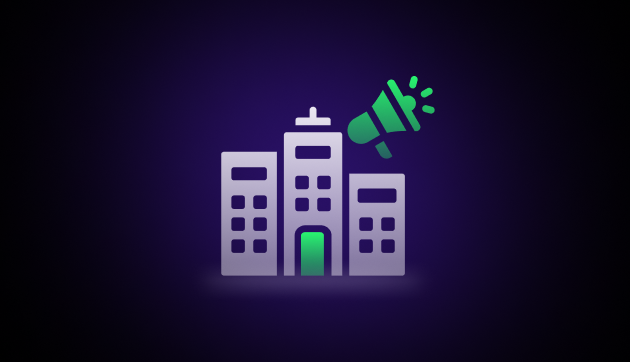
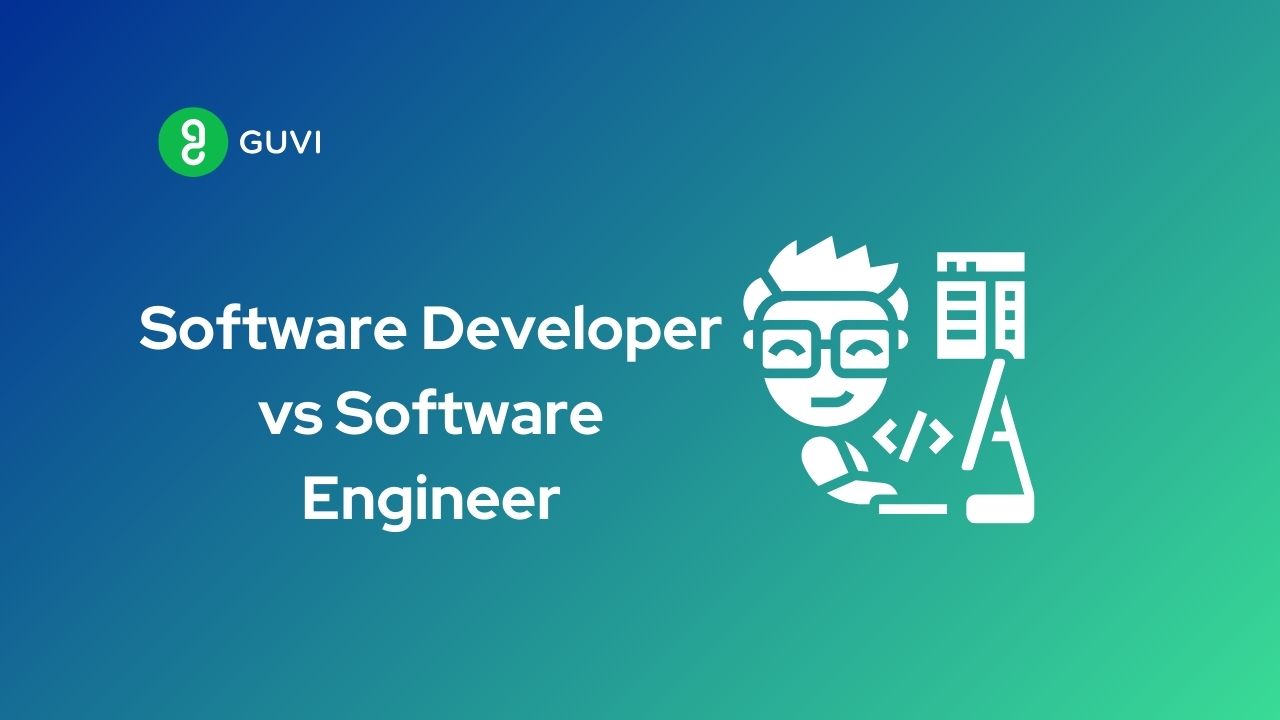



Did you enjoy this article?